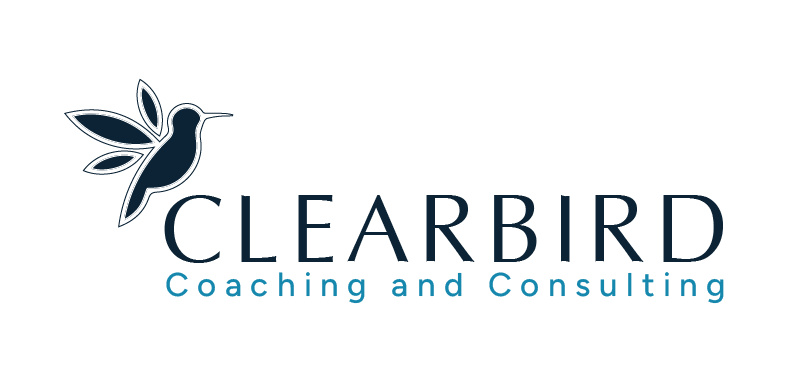Slow Coaching for Leaders Leading Through Complexity
Coaching is not always about more, faster, better. It’s not always about addressing areas for development or gaps in performance. Increasingly, executive coaching provides that container for leaders to step back and think.
Slow coaching for Conscious Leaders
Recently somebody looked perplexed when I was telling them about the way that I work with some leaders, especially very experienced leaders. I call it Slow Coaching.
For me, this is a reflection of the the increasing demand and need for creating space to pause and think..
I was curious about their reaction as I’m always curious about the perception of coaching.
In this fast paced world, with multiple and incessant demands on time, navigating uncertainty, managing a complex web of stakeholders and handling increasingly complex people issues, while delivering on the day job and meeting or exceeding targets, leadership burnout is on the rise.
I’ve lost count of the number of times leaders have said to me ‘I just don’t have time to think’, ‘it’s hard to be anything other then reactive’.
‘I feel like I’m fighting fires’, ‘Back to back meetings take up most of the day’ and ‘I don’t have as much time as I’d like to step back and think strategically’ are regular statements in the coaching space.
This is where Slow Coaching comes into play. Maybe exactly what you need if you
are recently promoted or have recently joined a new organised at a senior level.
want to resource yourself as you show up and lead out in this complex world.
are navigating and leading through complexity and value the idea of investing time for yourself.
recognise that staying centred is the key to sustaining your leadership.
want your thinking to be challenged with wider perspectives brought in to support fresh thinking.
want to create that space with a Thinking Partner, who is completely objective and outside of the organisational system.
Case Study about Slow Coaching
A case in point was the leader who was recently promoted to a Senior Leadership - a leader of leaders role. Our coaching engagement, sponsored by his leader, was set up to support him in his transition into this role. She had absolute trust and faith in him and she wanted to make sure that beyond her support, he had somewhere to step back and think. After the end of that first engagement, this was his reflection:
It was invaluable to have diaried time to step back from the day job
The ability to bounce ideas around with someone who would challenge my thinking and perspective, brought much clarity.
Having someone who was external to the organisation was invaluable to help my thinking around team dynamics and some challenging people issues.
Coaching with Dearbhalla was the place to step back and think about the things that were taking headspace but I didn’t have the time or capacity to think about within a normal day.
Without a doubt, having this coaching support in place, allowed me to get a handle on this role faster and more effectively than I would have done without it.
Actually this does seem like fast and better but it was from a calm, centred, reflective space. It didn’t feel stressed and pressure fueled.
Core traits of future fit, conscious leaders include being reflective, resilient with an ability to navigate complexity and uncertainty is a sustainable way.
Slow coaching is grounding and centring.
Slow coaching provides somewhere to take a breath and think.
Slow coaching means having a thinking partner who is objective and holds the container for quality thinking. No judgement. No pressure to be right. A place to think better from.
In this brave fast-paced, uncertain, complex and demand fueled era, slow coaching is a valuable resource for leaders.




